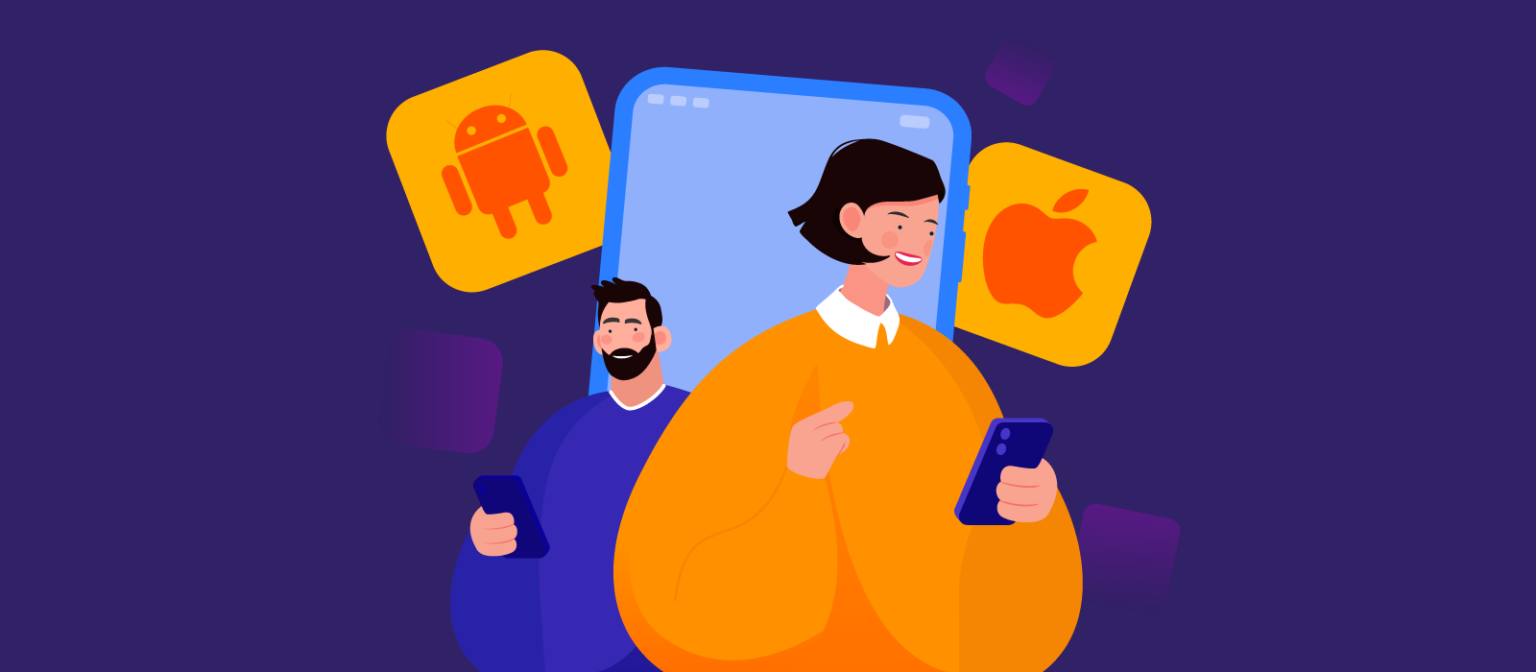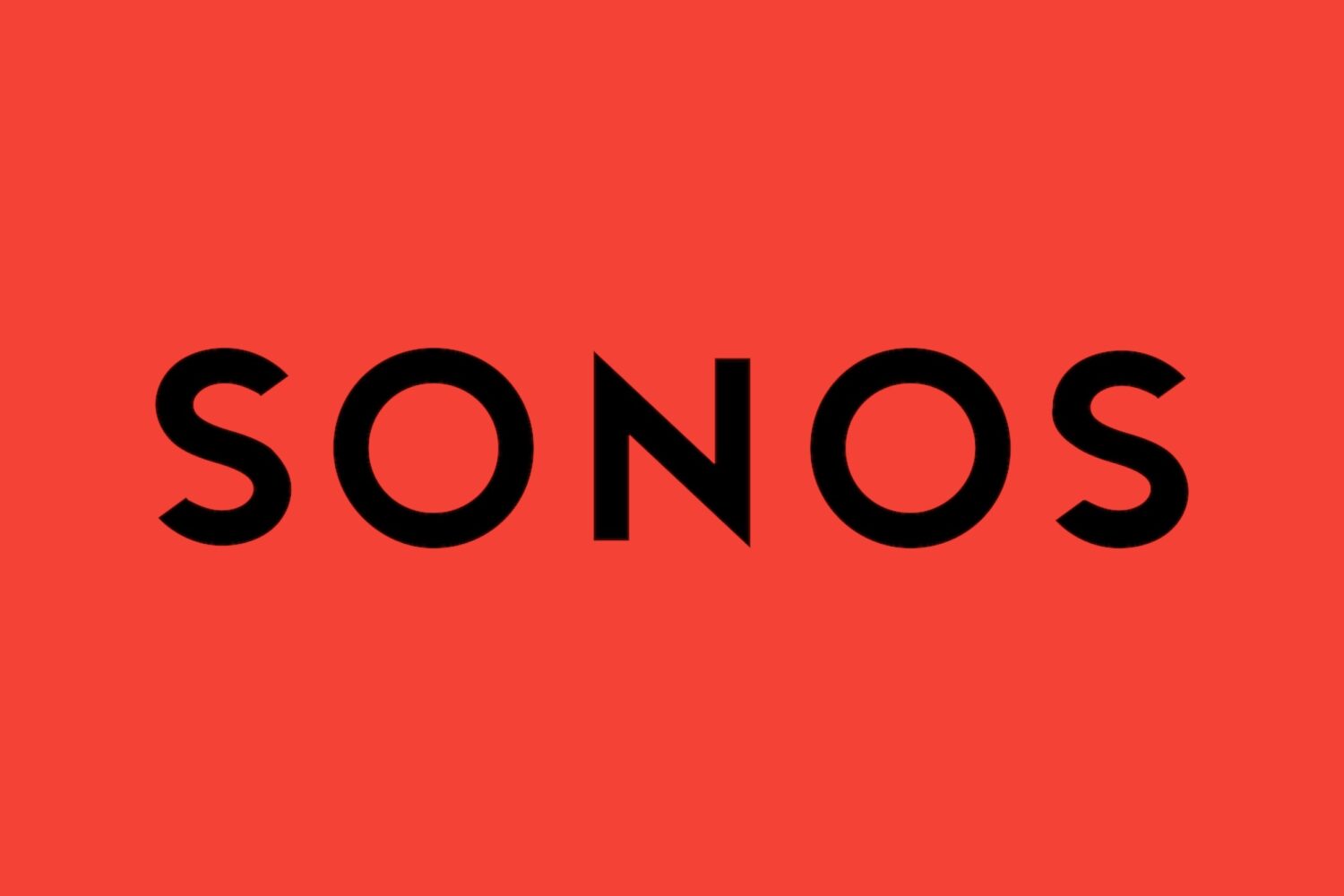Ah, the age-old question that’s sparked more internet arguments than a cat video compilation with bad dubstep music. Choosing between iOS and Android is like picking a side in a never-ending family feud: bitter, confusing, and surprisingly emotional for a bunch of rectangles in your pocket.
Fear not, fellow smartphone strugglers! This isn’t your average dry tech comparison. We’re here to inject some humor (and hopefully some clarity) into this epic phone fight.
Round 1: The User Experience
iOS: Imagine your phone is a sleek, minimalist art gallery. Everything is perfectly curated, easy to navigate, and undeniably pretty. Great for the aesthetically inclined and those who appreciate things “just working.” Think of it as the Marie Kondo of phone operating systems – everything sparks joy (or at least doesn’t cause frustration).
Android: Picture your phone as a bustling marketplace. It’s vibrant, diverse, and sometimes a little overwhelming. You can customize it to your heart’s content, but finding that perfect pair of metaphorical phone pants might take some digging. It’s the phone OS for the adventurous souls who like tinkering and wouldn’t mind a sprinkle of chaos (read: endless notification options) in their digital lives.
Who Wins: This is a subjective call. iOS gets points for effortless simplicity, while Android scores for sheer customizability. Basically, it boils down to whether you prefer a well-organized museum or a treasure trove overflowing with possibilities (and the occasional dusty relic app).
Round 2: The App Showdown
iOS: The App Store is like a fancy boutique with a discerning staff (read: strict app review process). You’ll find high-quality apps here, but some niche gems might be left out. Think of it as the designer clothing store of the app world – everything looks good, but prepare to shell out some serious cash (in-app purchases, anyone?).
Android: Google Play is a massive open-air market. You’ll find everything from the latest designer threads (top-tier apps) to questionable knock-offs (questionable apps with questionable permissions). It’s the ultimate app buffet – vast selection, but buyer beware! You might accidentally download the digital equivalent of a questionable mystery meat kebab.
Who Wins: This depends on your app cravings. iOS offers a curated, high-quality experience, while Android provides more freedom (and potential risk) in its vast app selection. Basically, do you prefer a Michelin-starred restaurant with a limited menu, or a street food festival with endless options and a chance of questionable stomach troubles?
Round 3: The Update Arena
iOS: Apple is like the overbearing parent who forces you to eat your vegetables (software updates) even if you don’t want to. The good news? Your phone stays up-to-date and secure with the latest features. The bad news? Sometimes, those updates feel like they come with a side of random glitches (remember “Batterygate”?).
Android: Think of Android updates as that cool, but slightly disorganized, college roommate who always forgets to pay their share of the internet bill. Updates can be slow and vary depending on your phone manufacturer and carrier. This can leave your phone feeling a bit neglected, but hey, at least you have some control over when you “eat your vegetables.”
Who Wins: iOS gets points for consistent and timely updates, while Android scores for user control (even if it means falling behind the update curve). Basically, it’s the difference between a helicopter parent and a friend who might accidentally leave you stranded on a digital island (the island of outdated software).
Round 4: The Security Scramble
iOS: Apple prides itself on building a Fort Knox-like ecosystem. This translates to a generally secure phone experience, but it can also feel a bit restrictive. Think of it as a guarded fortress – safe, but maybe a little stifling for those who like to break the rules (or sideload apps).
Android: Security on Android is improving, but it can still feel like living in a bustling city with occasional sketchy characters lurking in the alleyways (malware threats). This translates to more freedom (downloading from third-party stores), but also a need for extra vigilance. Think of it as an exciting adventure – just make sure you have a good antivirus app as your trusty sidekick.
Who Wins: iOS wins for user-friendly security, while Android gets points for openness (but with a side of potential risk). Basically, it’s the high-security gated community





